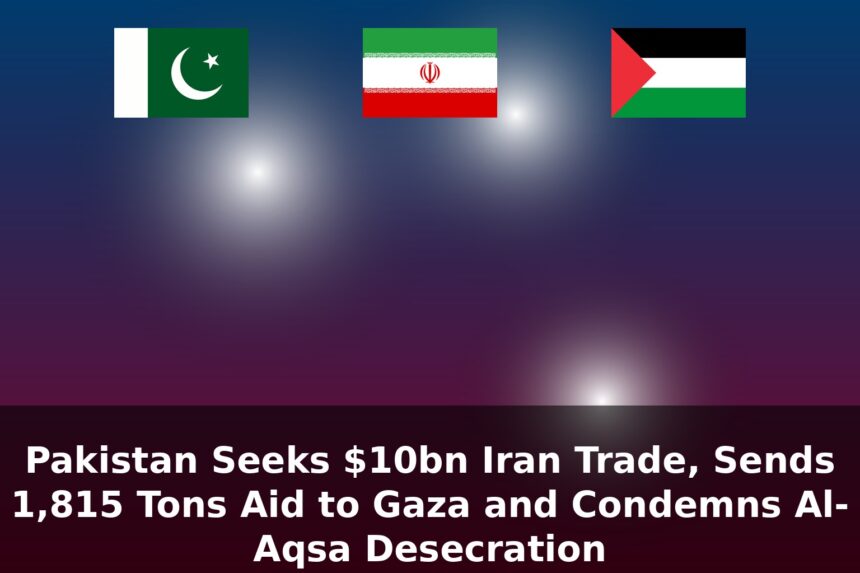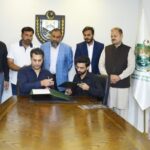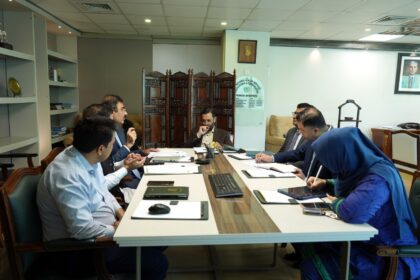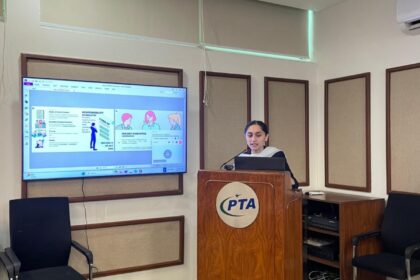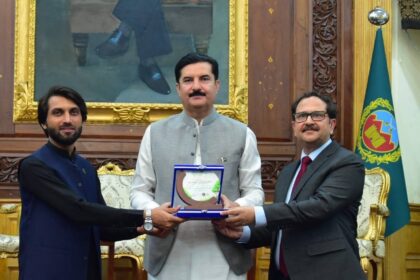By: Czechangez Khan Jadoon.
Pakistan’s foreign ministry has announced a sweeping diplomatic strategy as the country seeks to boost trade with Iran, deliver humanitarian aid to Gaza, and assert its positions on key international issues such as Kashmir and Ukraine. Highlighting major developments after the recent visit of Iran’s president, officials outlined efforts to elevate Pakistan-Iran trade to $10 billion, ongoing relief operations for Palestinians, and a robust condemnation of provocations at Jerusalem’s Al-Aqsa Mosque.
During a recent state visit, Iran’s President Dr. Masoud Pezeshkian met with Pakistan’s leadership to enhance bilateral cooperation rooted in shared cultural and religious ties. Both nations discussed expanding barter trade, increasing export quotas for Pakistani rice, fruit, and meat, as well as launching new border markets. The ambition is to scale up annual trade from the current $3 billion to $10 billion. Pakistani officials expressed solidarity with Iran after its recent conflict with Israel, reaffirming mutual support and engaging in plans for further cooperation in transport and logistics.
Pakistan’s humanitarian response to the Gaza crisis was emphasized, with Deputy Prime Minister Ishaq Dar overseeing the dispatch of 1,815 tons of aid in 18 consignments to deliver food, medicine, and other essentials. Islamabad continues to press for an immediate ceasefire and a political resolution based on pre-1967 borders. The foreign ministry strongly condemned the desecration of the Al-Aqsa Mosque by Israeli settlers and ministers, urging the international community to safeguard the sanctuary and warning that such provocations risk wider violence.
On the Ukraine conflict, the foreign ministry rejected allegations of Pakistani involvement, calling rumors of nationals fighting alongside Russian forces baseless and pointing to the absence of evidence from Ukrainian authorities. Pakistan maintains a neutral stance and supports a negotiated settlement in line with the United Nations Charter.
Kashmir remains a central concern for Pakistan. Commemorating the anniversary of India’s 2019 actions in Jammu and Kashmir, Islamabad reaffirmed its diplomatic, political, and moral support for Kashmiri self-determination. Letters were sent to United Nations and Organisation of Islamic Cooperation leaders, and a demonstration in the capital underscored demands for the implementation of Security Council resolutions. Pakistani officials asserted that any further unilateral steps by India would be deemed illegal under international law.
Responding to queries, the foreign ministry confirmed ongoing technical talks over the Pakistan-Iran gas pipeline and clarified that recent engagements with the United States are part of routine diplomatic exchanges. The upgrade of Pakistan’s mission in Kabul reflects an intention to stabilise relations with Afghanistan. Officials refuted rumors of secret mineral deals with Washington, confirmed no recent high-level contacts with India, and reiterated that Pakistan does not recognize Israel nor maintain any covert communication channels. The ministry also addressed issues of external interference in Balochistan, stating that there is evidence of foreign involvement and that authorities are monitoring the situation closely. It further dismissed unverified media reports regarding visa policy, noting that such matters fall within the jurisdiction of the interior ministry.
Through these multifaceted initiatives, Pakistan’s foreign ministry presented an image of an engaged and proactive diplomacy: deepening ties with Iran, supporting Gaza, advocating for Kashmir, maintaining neutrality in international conflicts, and seeking regional stability.




